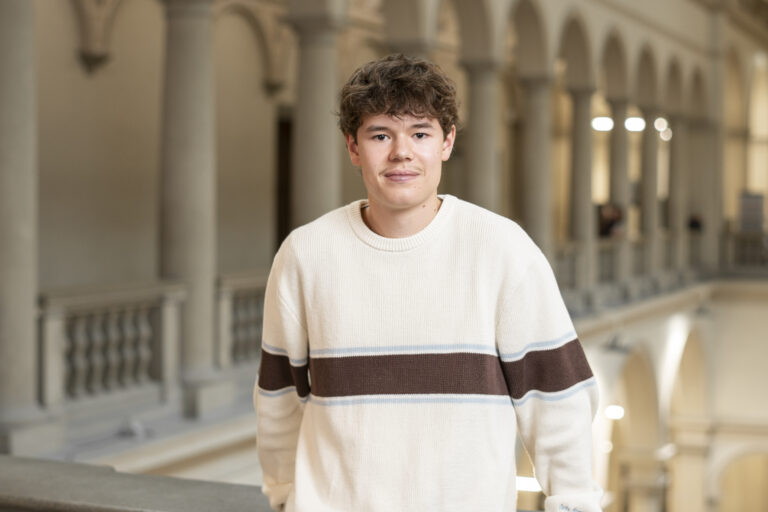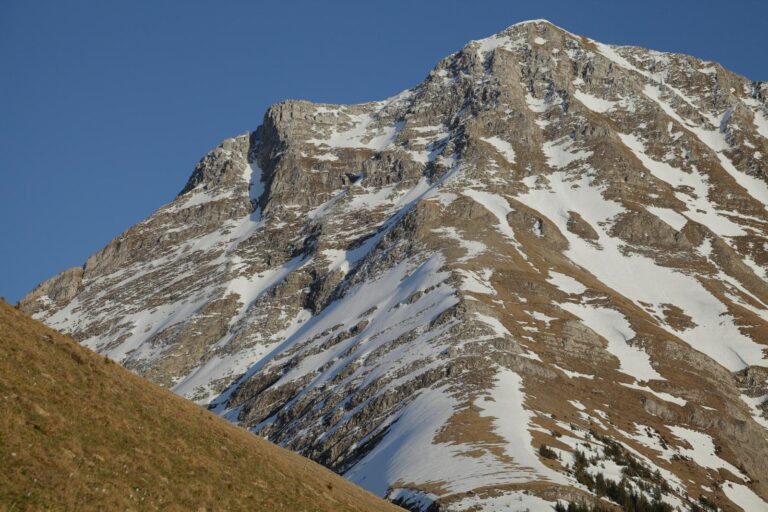heading

My name is Loris, I come from Switzerland, and I am currently in my final year of high school, preparing for the baccalaureate exams. After graduation, I plan to take a gap year to complete my military service. Then, I intend to begin university studies, although I have not yet chosen a specific field. In my free time, I enjoy playing floorball and I also play the piano. I love spending time in the mountains throughout the year, whether hiking in summer or skiing in winter. I am truly excited to participate in the Stockholm Junior Water Prize this summer. It will be a unique chance to meet passionate people and learn more about global water-related challenges.
Tell us what the water concern in your country is!In Switzerland, climate change is accelerating the rapid melting of glaciers, which are essential for feeding rivers and lakes. This melting reduces the amount of water available in summer, increases the risk of flash floods and disrupts aquatic ecosystems.
This is what I think is one of the solutions for a sustainable future:In my opinion, local actions can provide short-term solutions. However, to ensure a sustainable future, it is essential to take concrete measures at the political level.

Climate Change in the Fribourg Prealps : A Case Study in the Tissiniva Region
Climate change, a major challenge of the 21st century, profoundly affects societies and biodiversity. In the Swiss Alps, it causes glacier melting, intensifies natural hazards, and threatens the local economy dependent on winter tourism. This study analyzes its impact in the Fribourg Prealps, specifically on the Tissiniva alpine pasture, where water resources are particularly fragile. The reduction in snowfall, earlier snowmelt, and periods of drought complicate water supply, forcing the alpine pasture to adapt. By combining field observations, long-term meteorological data, and local testimonies, this research aims to better understand climate evolution in mountain regions and its environmental, economic, and social consequences.

